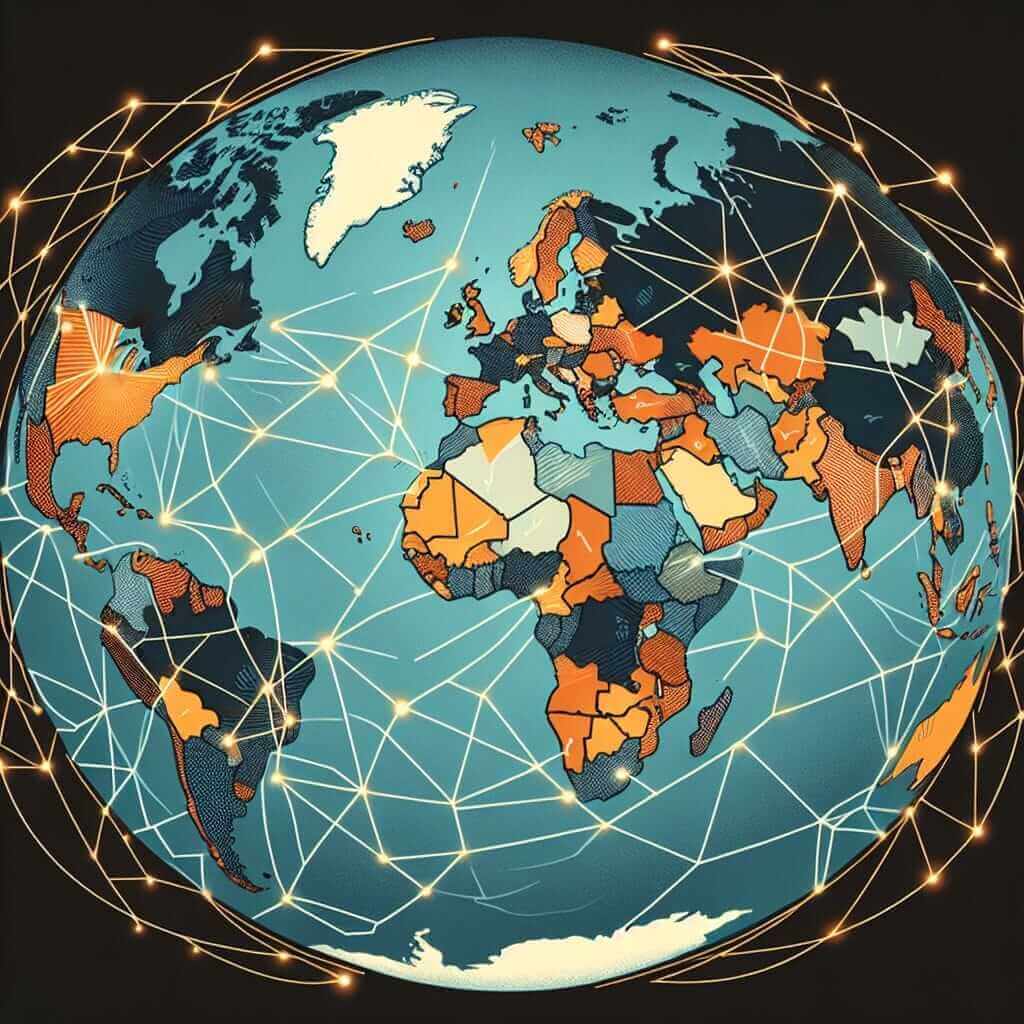The Reading section of the IELTS exam is often considered one of the most challenging parts, asking candidates to read passages and answer questions based on them. Understanding how renewable energy impacts global politics is a pertinent topic, reflecting current global shifts towards sustainable energy sources. This topic has appeared in various forms in past IELTS exams, making it an excellent subject for practice.
Main Content
Reading Passage: Impact of Renewable Energy on Global Politics (Medium Text)
Passage
The transition from fossil fuels to renewable energy sources like solar, wind, and hydroelectric power is reshaping global politics significantly. Countries rich in fossil fuels, such as Saudi Arabia and Russia, have traditionally held immense geopolitical power due to their control over crucial energy supplies. However, the shift towards renewable energy is redistributing this power.
For instance, countries that were previously dependent on imported fossil fuels are now investing heavily in renewable infrastructure. Germany, a country with limited fossil fuel resources, has become a leader in solar and wind energy technologies. This shift not only reduces reliance on politically volatile regions but also sets new political alliances based on renewable energy cooperation.
Additionally, the rise of renewable energy technologies requires rare earth minerals, which are predominantly found in countries like China. This necessity is creating new dependencies and shifting geopolitical dynamics. China’s dominance in this sector gives it considerable leverage over the global renewable energy market.
Renewable energy also promotes energy democratization, allowing smaller and less wealthy countries to gain energy independence. For example, African countries are investing in renewable technologies to leapfrog traditional energy infrastructure. This development could potentially reduce the influence of major energy exporters.
Moreover, international policies and agreements, such as the Paris Agreement, are driving the global transition towards renewable energy. These agreements compel nations to adopt sustainable practices, fostering international cooperation and sometimes causing geopolitical tensions.
In conclusion, renewable energy is not just an environmental issue but a significant geopolitical factor that will shape the future of international relations.
Questions
Multiple Choice
-
According to the passage, which country is becoming a leader in solar and wind energy technologies?
- A) Saudi Arabia
- B) Russia
- C) Germany
- D) China
-
What is one potential outcome of the rise of renewable energy technologies?
- A) Increased reliance on fossil fuels
- B) Energy independence for smaller countries
- C) Reduced international cooperation
- D) Decline in global energy demand
True/False/Not Given
- The passage states that Saudi Arabia and Russia will continue to hold immense geopolitical power with the rise of renewable energy. (False)
- The Paris Agreement is a significant factor driving the transition to renewable energy. (True)
Matching Information
-
Match the country with its renewable energy status:
-
A) Germany
-
B) China
-
C) African countries
-
i) Investing in renewable technologies to achieve energy independence.
-
ii) Leader in solar and wind energy technologies.
-
iii) Dominant in rare earth minerals required for renewable technologies.
-
Correct answers: A-ii, B-iii, C-i
Answer Key
- C) Germany
- B) Energy independence for smaller countries
- The statement is False. The passage indicates a shift in geopolitical power due to renewable energy.
- The statement is True. The passage mentions that international policies like the Paris Agreement are influencing the shift to renewable energy.
- A-ii, B-iii, C-i
Common Mistakes
- Misinterpreting global geopolitical shifts: Remember that geopolitical power is dynamic and influenced by various factors.
- Confusion between rare earth minerals and fossil fuels: Rare earth minerals are crucial for renewable technologies, but they are different from fossil fuels.
Vocabulary
- Geopolitical (adj) /ˌdʒiː.oʊ.pəˈlɪt.ɪ.kəl/: Relating to politics, especially international relations, as influenced by geographical factors.
- Leverage (n) /ˈlev.ərɪdʒ/: The power to influence a person or situation.
- Democratization (n) /dɪˌmɒkrətɪˈzeɪʃən/: The action of making something accessible to everyone.
Grammar
- Relative Clauses: “… countries that were previously dependent on imported fossil fuels…”
- Structure: [Relative pronoun + subject + verb]
- Example: The person who called you is my brother.
Advice for High IELTS Reading Scores
- Practice Active Reading: Always read with the intention of summarizing main ideas.
- Understand Question Types: Familiarize yourself with different types of questions in the IELTS Reading section.
- Time Management: Allocate specific times for reading and answering questions to ensure you complete the section within the given time.

Remember, consistent practice and understanding the underlying themes such as global politics and renewable energy transitions will help you excel in the IELTS Reading section.